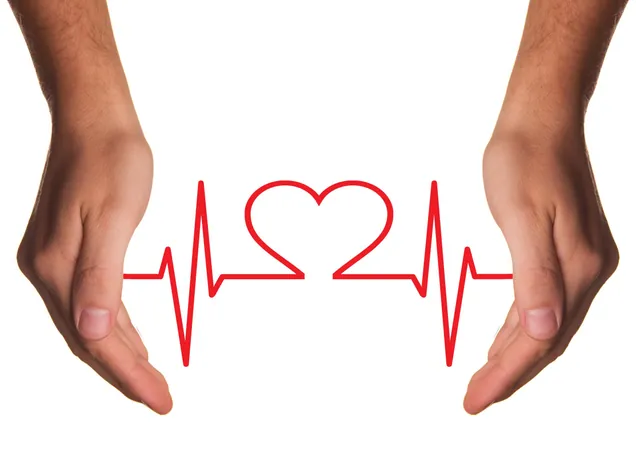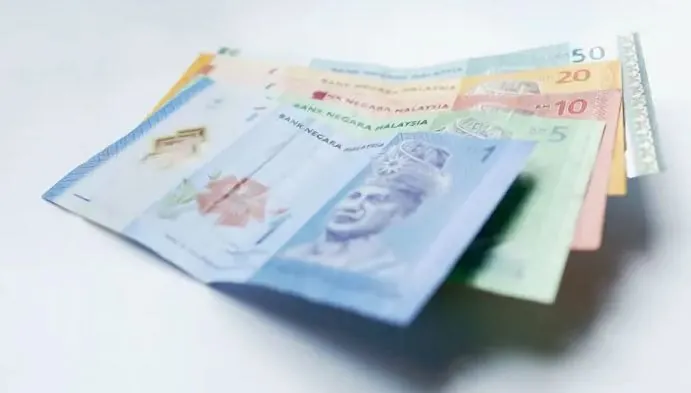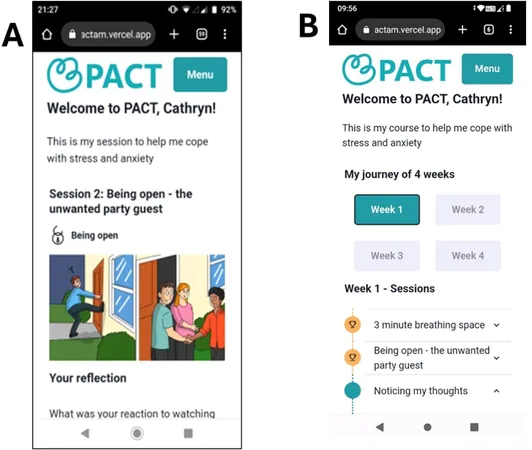
Revolutionizing Heart Transplants: How Machine Perfusion is Expanding the Horizons of Organ Donation
2025-04-27
Author: Wei
A Leap Forward in Organ Transport
In vast countries like Australia, the challenge of transporting donor hearts across great distances has often led to valuable organs going unused. Imagine needing a heart in Sydney while it’s available in Perth—a staggering journey of nearly 2,000 miles, often limited by time constraints.
Time is of the Essence
Dr. Emily Granger, a leading cardiothoracic surgeon at St. Vincent’s Hospital in Sydney, highlighted the critical nature of this issue at the recent International Society of Heart and Lung Transplantation (ISHLT) conference in Boston. 'With the prep time for surgery, we have only about six hours to get a donor heart into a recipient,' she stated, outlining the urgency that defines the delivery of these life-saving organs.
The Breakthrough of Machine Perfusion
Traditionally, donor hearts were transported on ice, limiting their viability to a mere six hours. However, the advent of machine perfusion—a process that pumps a blood-like solution through the heart during transport—has drastically changed the game. St. Vincent's began utilizing this innovative technique in 2014 for organs donated following circulatory death (DCD), and today, over half of their heart transplants incorporate this technology.
Extending Viability Like Never Before
This advanced method allows for preservation at about 35 degrees Celsius for up to 8 hours, with some facilities even pushing it to 10 hours. Dr. Granger expressed how this progress has enabled their team to accept hearts from regions they once deemed unreachable due to time limitations.
A Future of Boundless Possibilities
Looking ahead, Dr. Granger envisions a world where international exchanges of donor hearts could become a reality, opening doors for transplants from neighboring regions like the Pacific Islands and Asia. 'For some patients, the ideal donor might live in a different country,' she remarked, highlighting the potential for a wider genetic diversity in donor organs.
Proven Success in Outcomes
Research from St. Vincent’s backs up the effectiveness of machine perfusion, revealing that transplant outcomes are on par with traditional methods. 'We found no significant difference in primary graft function, suggesting that machine perfusion might indeed mitigate the challenges of delayed transport,' Dr. Granger explained.
A Paradigm Shift in Transplant Technology
Reflecting on her career, Dr. Granger emphasized the transformative impact of this technology on the field of heart transplantation. 'When I started, we relied solely on portable coolers. Now, our limits are only set by our creativity,' she concluded, ushering in a new era of possibilities for heart transplant teams worldwide.






 Brasil (PT)
Brasil (PT)
 Canada (EN)
Canada (EN)
 Chile (ES)
Chile (ES)
 Česko (CS)
Česko (CS)
 대한민국 (KO)
대한민국 (KO)
 España (ES)
España (ES)
 France (FR)
France (FR)
 Hong Kong (EN)
Hong Kong (EN)
 Italia (IT)
Italia (IT)
 日本 (JA)
日本 (JA)
 Magyarország (HU)
Magyarország (HU)
 Norge (NO)
Norge (NO)
 Polska (PL)
Polska (PL)
 Schweiz (DE)
Schweiz (DE)
 Singapore (EN)
Singapore (EN)
 Sverige (SV)
Sverige (SV)
 Suomi (FI)
Suomi (FI)
 Türkiye (TR)
Türkiye (TR)
 الإمارات العربية المتحدة (AR)
الإمارات العربية المتحدة (AR)